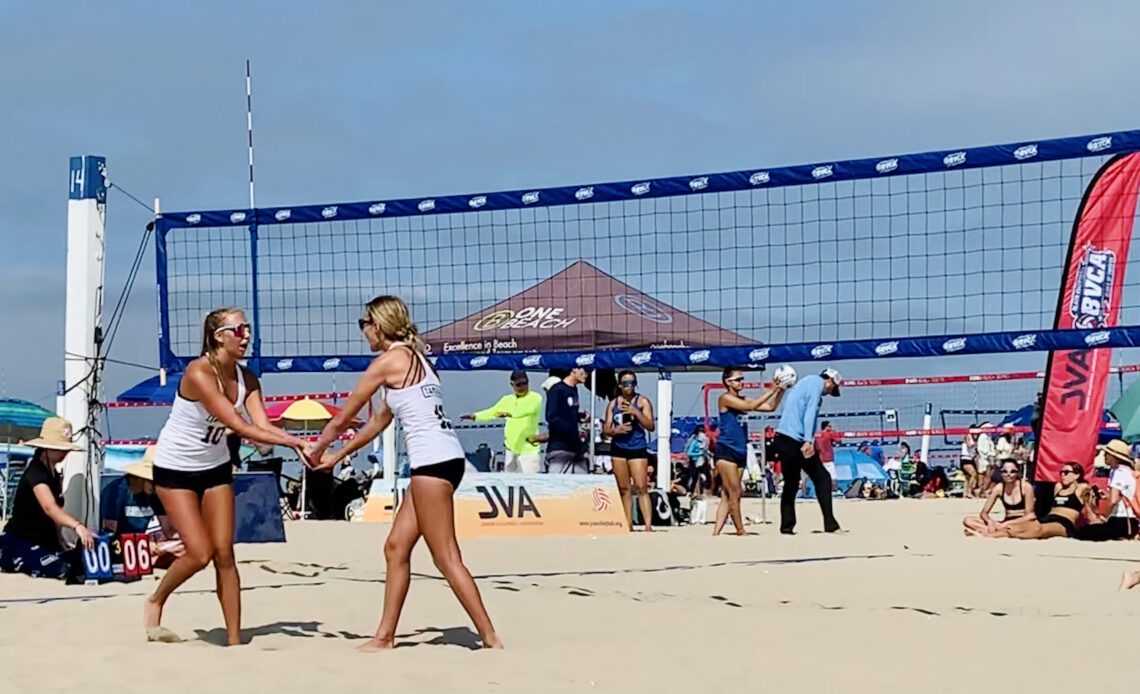*Information provided in this article should not be considered a substitute for legal advice. Readers are strongly encouraged to seek the advice of a licensed attorney familiar with youth sport laws and regulations within your state and local district.
Volleyball club directors and coaches are charged with having safe environments, facilities, and equipment for players, referees, employees, and spectators. A primary leadership skill is the ability to safeguard participants. This is accomplished through the management skills of planning and organizing. Observing, recording, evaluating, and self-monitoring are valuable analytical skills also required.
Safeguarding volleyball areas while using equipment centers around the skills necessary for volleyball leaders to teach, manage, lead, and analyze (1). The International Council for Coaching Excellence supports volleyball leaders through its icoachkids.org initiative. It is a free tool and one you should view to gain a solid understanding of the many dynamics involved in our legal duty to safeguard.
Environment
Providing an overall feeling of safety and security while playing, coaching, and watching volleyball is a necessary best practice for volleyball leaders within a risk management program. A Safe Environment involves all physical environmental areas directly involved in and immediately surrounding play and practice. Think of it as a dome over your facility and playing area. Part of promoting a safe environment within this volleyball “dome” is ensuring the playing area is free from hazards or potential dangers that could lead to injuries. (Further discussed in the safe facilities section). The physical environment within the “dome” is different from a beach or indoor perspective, as beach volleyball includes the weather as a constant threat to a safe environment for play. All volleyball leaders should have an emergency action plan in place and notify their players and parents of that plan if severe weather arises. A list of additional resources from the American Red Cross and National Weather Service involving severe weather and outdoor events can be found on the CDC’s website HERE.
When outdoors at a practice or competition, it is the legal duty of a coach to be diligently aware of the weather and warn of any threatening risk. Place a trustworthy parent or assistant coach as the “weather watcher” for the practice or match. Head coaches should be involved in running practice or monitoring…
Click Here to Read the Full Original Article at Junior Volleyball Association…

